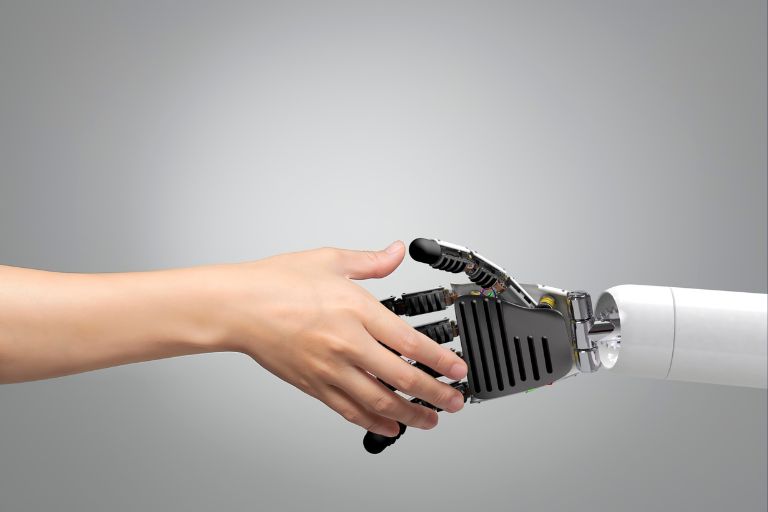Blog
AI in Waste Management: Helpful or Hype?
by Routeware Team • October 7, 2025

Artificial Intelligence (AI) is increasingly being integrated into waste management systems, with promises of greater efficiency, reduced costs, and improved sustainability. However, is AI for waste management truly revolutionary, or is it just the latest buzzword?
By focusing on human-centric AI and real-world applications, we can better understand if AI waste management is delivering on its promises.
More Than Just Waste Management Automation
AI waste management extends beyond simple automation. AI-driven solutions are being used to enhance efficiency, reduce human error, and improve citizen engagement.
According to Routeware’s Jed Dawson, VP of Engineering, in a recent article for Waste Advantage Magazine, human-centric AI waste management is key to ensuring that AI doesn’t replace human workers but instead complements and broadens their capabilities.
This approach of waste management automation prioritizes collaboration between AI and employees, allowing waste haulers to make better, data-driven decisions rather than simply relying on algorithms.
Routeware offers AI waste management solutions, providing companies with real-time data analytics, predictive maintenance, and optimized collection routes. These applications are one of the most helpful uses of AI, and wouldn’t be possible without it. A few notable applications of AI in waste management from Routeware include:
- Smart Route Optimization: AI algorithms analyze data in real time to create the most efficient collection routes, reducing fuel consumption and operational costs.
- Automated Sorting: Advanced AI-powered sensors and cameras can differentiate between recyclables and non-recyclables, improving recycling rates and reducing contamination.
- On-Board Computers for Predictive Maintenance: AI helps identify potential equipment failures before they happen, minimizing downtime and repair costs.
- Customer Engagement: AI-driven apps and chatbots educate citizens on proper waste disposal and recycling practices, improving participation rates.
Real-World Applications of AI in Waste Management
Cities and waste management companies are already seeing significant benefits from AI-powered solutions. At Routeware, we’ve previously highlighted how AI for waste management is transforming the industry by improving infrastructure and citizen satisfaction.
For instance:
- AI-Powered Cameras and Sensors: Some cities have equipped waste collection vehicles with AI-powered cameras to monitor bin contamination, allowing haulers to educate residents on proper waste disposal practices.
- AI Food Waste Management: Smart Bin Sensors detect when bins are full, allowing waste collection services to optimize pickup schedules, reducing unnecessary trips and lowering emissions.
- Fleet Dispatching Software and Real-Time Data Analytics: AI helps city officials make informed decisions based on waste generation patterns, ensuring resources are allocated efficiently.
AI for Waste Management Challenges
Despite its potential, AI waste management isn’t without challenges. AI must be implemented carefully to maximize its benefits while addressing concerns such as:
- Data Privacy: AI-powered cameras and sensors raise concerns about citizen privacy. Transparent policies and data anonymization are crucial to gaining public trust.
- Economic Feasibility: The upfront cost of AI for waste management implementation can be high. Municipalities and waste management companies must weigh long-term savings against initial investments.
- Environmental Impact of AI: AI systems require significant computing power, contributing to energy consumption. Balancing AI’s environmental benefits with its carbon footprint is essential.
The Future of AI and Waste Management
AI waste management has incredibly strong benefits that also come with potential risks. Despite this, it represents a significant step forward when implemented with a human-centric approach. By combining AI’s analytical power with human expertise, waste haulers and municipalities can create more efficient, sustainable, and citizen-friendly waste management systems.
To learn more about AI and waste management, check out the full articles from Waste Advantage Magazine and Routeware.
Get Started Today with your free, 30-minute consultation.